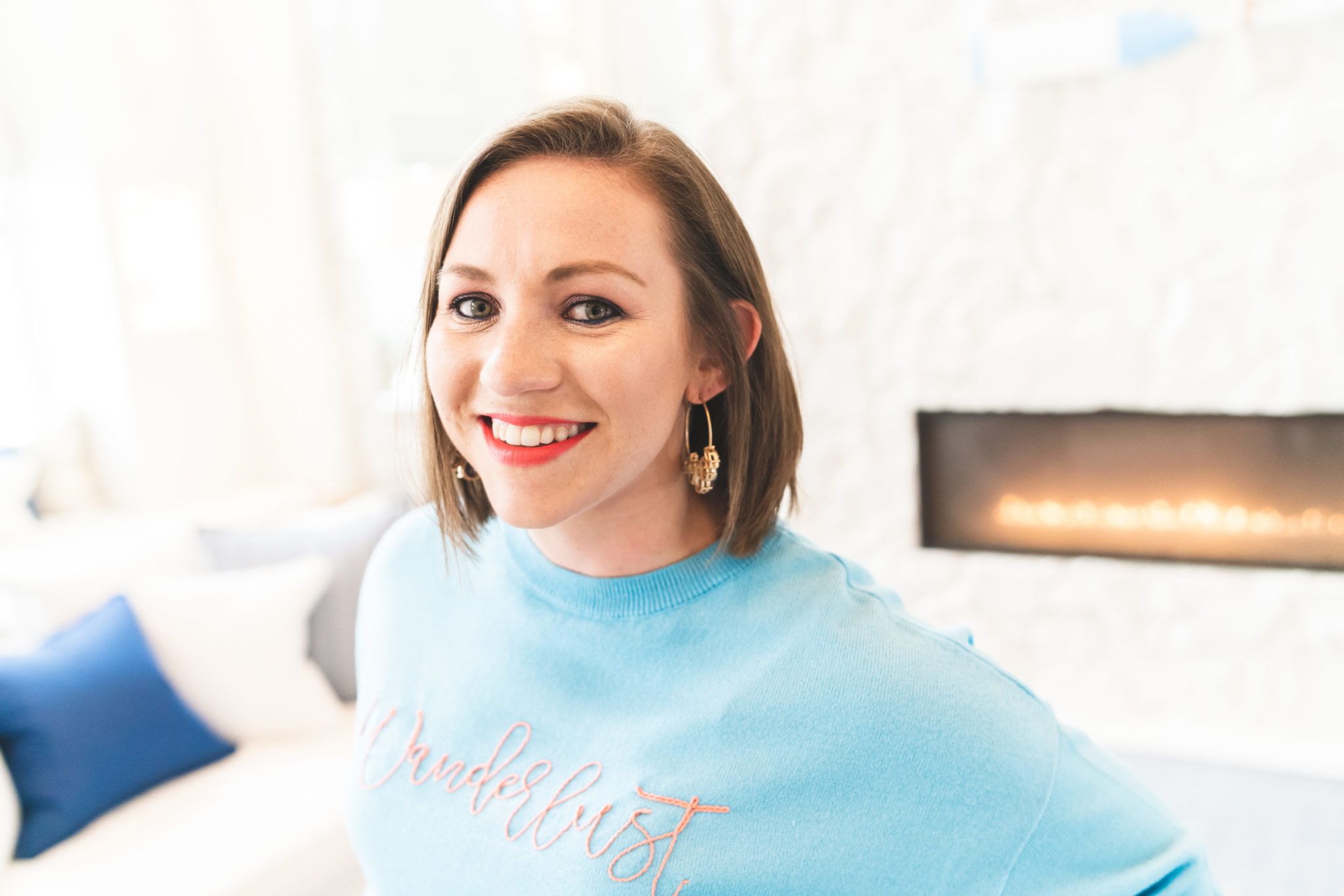The way you show up for your people after a crisis will make or break your culture, and ultimately, your business.
What does your organization look like post-COVID-19? For most, revenues are down, P&L is shot to hell and you might have mild depression from the realization that last year’s 2-day strategy meeting is now a bust.
All is not lost. Humans are incredible, and adaptable, by design. I believe when nothing is certain, there are endless possibilities. This could be the moment in time that changes everything … for the better.
Crisis is a necessary evil. Without it, we would never have transformed into the adaptive, emergent organizations of today. If we’re honest with ourselves, it’s pretty obvious the 1910 assembly line won’t get us where we need to go these days. Continuous improvement is essential to the kind of mindsets, and behaviors, that are needed to bring your organization into an adaptive world that serves both our customers and our bottom line.
So how do we do it? As we each tiptoe out of the safety stage of Maslow’s hierarchy of needs, the people element of work is more important than ever. How you choose to treat your people in an economy of temporary loss, and high unemployment, will set you apart from the rest. In other words, you have a huge opportunity to not only do the right thing, but to get ahead, as the rest of them pick up the pieces.
What your people need right now isn’t a hero, it’s a leader. I don’t care what your title or pay-grade is: A leader is anyone who takes responsibility for finding the potential in people, and processes, and who has the courage to develop that potential.
Courage is a collection of four skill sets: leaning into vulnerability, operationalizing our values, building trust and resilience. We’re not born with these skills; we learn them and we get better with practice.
Let me help you flex those courage muscles with this people-positive checklist for leaders. Showing up with even one of these practices will make your business more resilient than ever (and your competitors).
• Clear is kind. Unclear is unkind. Simple but transformative. The consequences of avoiding tough conversations lead to diminished trust and engagement, increased problematic behavior and decreasing performance due to lack of purpose and clarity. Feeding people half-truths, with the intent of making them feel better, is almost always about making ourselves feel better. Clear is kind.
• Be a human. It’s OK to admit when you don’t know. These three little words are more important than you think. They’re not weak, they’re powerful. If you can’t say “I don’t know,” your team can’t say “I don’t know,” they default to people-pleasing and all-knowing. Don’t close the door on learning and open the door to fear of failure. You model the behavior for curiosity, experimentation and learning.
• Take the next best step; focus on the now. Resist the urge to jump back into the boardroom and solve all of the world’s problems. There’s something else you need to do first; establish your purpose. Why does your organization exist post-COVID-19? If we don’t take a step back to ask what we’re in service of, it’s really difficult to prioritize during this rapid transition. Instead of tackling everything at once … step, pivot, step, pivot.
• Give yourself, and others, time to adjust to the new normal. Rapid transition is hard. If there’s one thing for sure, it’s that you’ll be working and serving your customers in many new ways. Get ready. Your people are going to mess up, stumble and drop the ball sometimes. You will too. Give grace as we wade through the weeds of our new normal.
• Ask your people for what they need, don’t tell them. Nothing builds trust, connection and engagement more than pushing decision-making down to the people who do the work. It’s a myth that in crisis, it’s appropriate to revert to command-and-control style management. Actually the more important and time-sensitive, the better performance gain an empowered team will achieve. Your incessant (read: human) need for control and predictability during a crisis could be your biggest roadblock. Remember, in highly effective, adaptive organizations there are leaders at every level, not just at the top. ♦
Kim Linton is the owner of 1Light Daring Leadership & Facilitation. She works with individuals and teams who want to make work modern, courageous and intentional. She is a certified “Dare to Lead” facilitator and provides agile, repeatable, profitable solutions for teams. Reach her at [email protected] and see more at weare1light.com.










